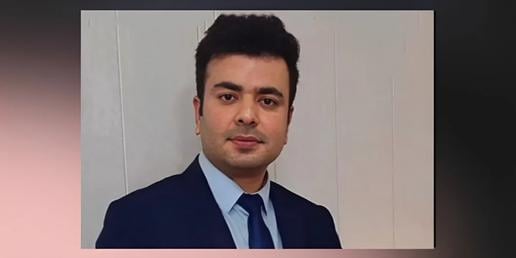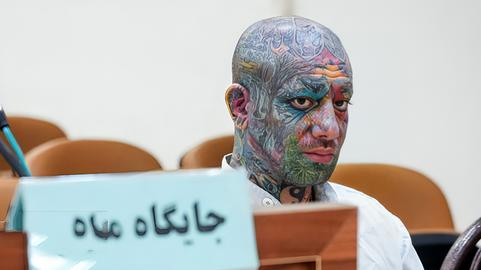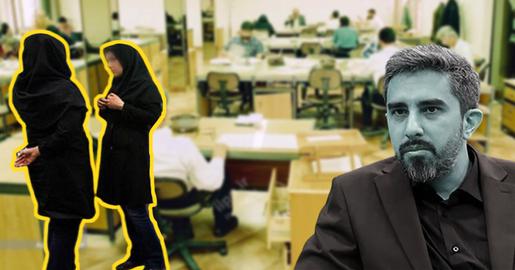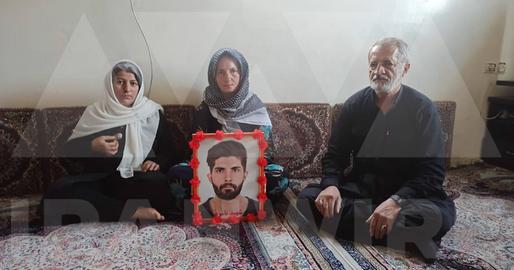There is, perhaps, a need to recalibrate after Spain.
There's been the odd grumble that whoever wins the World Cup in the Maracana stadium next Sunday will be a weak champion. While it’s true that whoever wins will, assuredly, be weaker than Spain, it should be remembered that this is how most World Cups go.
Spain not only won the 2010 World Cup—obviously the best side, Spain won with relative comfort—but the team also won the European Championships in both 2008 and 2012. These consecutive wins gave Spain a very unique record and make it a very unusual team.
Italy came good at the last in 2006, the excellence of its semi-final victory over Germany adding a gloss to its success. Brazil in 2002 had the easiest route to success of any modern champion and, as other challengers self-destructed, was an obvious winner once it had overcome England in the quarter final. France ground its way to victory in 1998, its subsequent victory in Euro 2000, when the team really was superb, casting 1998 in a healthier glow. Brazil slogged its way to victory in 1994. Before Spain, the last truly great champion was West Germany in 1990. Yet even with Spain and West Germany, there were wobbles. Spain lost its opening game to Switzerland in 2010 and was run extremely close by Paraguay in the quarter final. West Germany, having started so well in 1990, stuttered towards the close, scraping through its last three games with a series of goals from set-plays. Nobody dominates from start to finish.
All four of the sides that remain are flawed, and yet at least three of the four would be worthy winners. One genuinely top-class performance in the remaining games would be enough to obliterate any worries about how worthy a champion the eventual winners will be. Certainly there has never been a final four with such a pedigree: between them they have appeared in 21 finals.
Oddly, it's Brazil about which doubts are strongest, and not just because of the injury to Neymar. The hosts have been aggressive and physical—the team has been the principle aggressor in the two games with the most fouls in the tournament, and Colombian player James Rodriguez was fairly clearly targeted. Brazil engaged in quite blatant tactical fouling, rotating the aggressor so as to avoid cards. The team has been heavily reliant on Neymar. Other than a couple of neat moments from Oscar in the opening game, none of the rest of the creative players have found form, and that is, clearly, a major worry. That said, it may be that, without Neymar, play will become less predictable. Oscar, presumably, will move into the center, with either Willian or Bernard on the flank. There should be less of an obvious focus about their play, which in turn may add fluidity.
Brazil will also be without the suspended Thiago Silva for the semi-final, a major blow to the center of its defence. David Luiz has had an excellent tournament, but Dante, assuming he is the replacement, will not be as adept as Thiago Silva has been when it comes to hunting possession.
What Brazil does have is home support. The atmosphere in stadiums has been electrifying in its games so far, and that clearly is both an inspiration to the hosts and a factor that has intimidated referees, notably Yuichi Nishimura in the opening game and Carlos Velasco Carballo in the quarter final. German manager Jogi Low, not surprisingly, has been urging the Mexican referee Marco Rodriguez to be strong in the semi-final.
Germany looked ominously good in its quarter-final victory over France. The team had looked open in the early rounds, the high line leaving it vulnerable, but dropping a little deeper and restoring the Bastian Schweinsteiger-Sami Khedira axis at the back of midfield gave additional solidity as Philipp Lahm reverted to right-back. There was, perhaps, a loss of some of the fluidity that had characterized its play earlier in the tournament, but the team was rarely troubled against the French. Perhaps Brazil can trouble them in wide areas, but Germany will not be intimidated by Brazil's robustness. Miroslav Klose will probably start again, working the Brazilian center-backs for an hour before making way for Andre Schurrle, with Thomas Muller becoming a false nine once again, presenting tired defenders with a mental problem. If Brazil wasn’t the host, Germany would be a strong favorite.
The likelihood is a tight low-scoring game, and the same is true of the other semi-final. The Netherlands have counter-attacked from the start of the tournament, and Argentina will presumably try to play that way, partly for fear of Arjen Robben getting a run at Jose Maria Basanta and partly because the injuries to Sergio Aguero and Angel Di Maria effectively force the team to pack the side with holding midfielders.
Enzo Perez came on for Di Maria against Belgium, but he, fine season that he had at Benfica, is a far less creative player than the Real Madrid player. That means a lot of the onus to link midfield and attack falls on Ezequiel Lavezzi, who has only just returned from injury himself and is struggling for form. Given that Alejandro Sabella's instincts are conservative, he seems certain to adopt a cautious approach.
The major issue for the Netherlands is the absence of Nigel De Jong. He would have been the ideal player to sit at the back of midfield and stifle Lionel Messi. Adjusting for his absence against Costa Rica meant a switch from 5-3-2 to 3-4-3, with Dirk Kuyt and Daley Blind used as wing-backs and Georginio Wijnaldum and Wesley Sneijder operating central, but there surely needs to be a more defensive presence there against Messi.
Messi, once again, is the key figure. Argentina has little doubt that this is destined to be his tournament, that he will do what Diego Maradona did in 1986. There has been a sense all through the World Cup that it was heading for an apocalyptic Argentina v Brazil showdown at the Maracana. It could just as easily, though, be a repeat of the 1974 final: Germany against the Netherlands. All four teams have only been impressive in patches. None of them are without vulnerability.



























comments